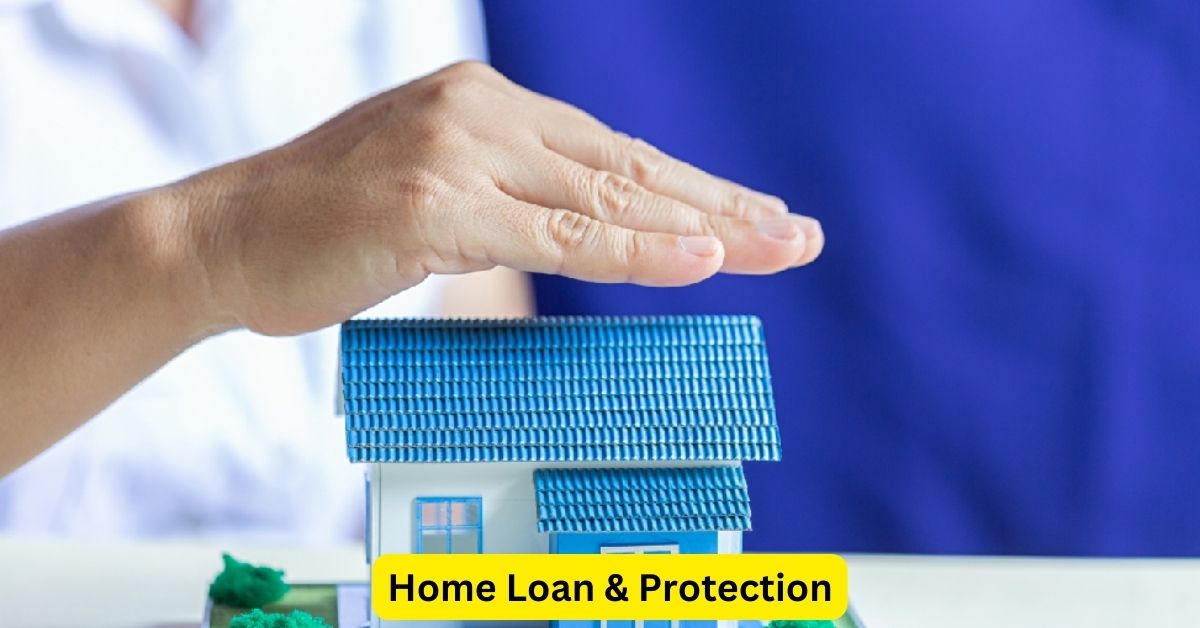Purchasing a home is a significant milestone and a considerable financial commitment. To ensure you make the best decisions for your future, understanding home loans and the various protection measures available is crucial. This article delves into the essentials of home loans and protection, providing you with the knowledge to secure your investment and financial well-being.
Understanding Home Loans
A home loan, or mortgage, is a loan taken out to buy property or land. Most home loans run for 25 years, but the term can be shorter or longer. The loan is secured against the value of your home until it’s paid off. Here are key aspects of home loans:
- Types of Home Loans:
- Fixed-Rate Mortgages: These have an interest rate that stays the same for a set period, usually between two and five years. This provides stability and predictable monthly payments.
- Adjustable-Rate Mortgages (ARMs): These have an interest rate that can change periodically. They often start with a lower rate than fixed-rate mortgages, but the rate can increase over time.
- Government-Backed Loans: Programs like FHA, VA, and USDA loans offer benefits such as lower down payments or no down payments for eligible borrowers.
- Loan Approval Process:
- Pre-Approval: Before house hunting, it’s wise to get pre-approved for a mortgage. This involves a preliminary review of your financial situation to determine how much you can borrow.
- Application: Once you’ve found a home, you’ll complete a mortgage application, providing detailed information about your finances.
- Underwriting: The lender will evaluate your application, verify your information, and assess your creditworthiness. This step may include an appraisal of the property.
- Closing: If approved, you’ll sign the mortgage agreement, pay any closing costs, and finalize the purchase.
Protecting Your Investment
Securing a home loan is just the first step; protecting your investment is equally important. Here are key protection measures to consider:
- Homeowners Insurance: This insurance covers damage to your home and personal property due to fire, theft, and other disasters. It also provides liability coverage if someone is injured on your property.
- Mortgage Insurance: If your down payment is less than 20%, lenders typically require mortgage insurance. This protects the lender if you default on your loan. There are two main types:
- Private Mortgage Insurance (PMI): Common with conventional loans.
- Mortgage Insurance Premium (MIP): Associated with FHA loans.
- Title Insurance: This protects against any claims or legal issues related to the property’s title, ensuring you have clear ownership.
- Life Insurance: Consider life insurance to cover the mortgage in the event of your death. This ensures your family can remain in the home without financial strain.
- Home Warranty: A home warranty can cover the cost of repairing or replacing major home systems and appliances that break down due to normal wear and tear.
Choosing the Right Protection
When selecting protection measures, consider the following:
- Coverage Needs: Assess your specific needs and choose policies that offer comprehensive coverage.
- Costs: Compare premiums and deductibles to find options that fit your budget.
- Provider Reputation: Research insurance providers to ensure they have a good reputation for customer service and claims handling.
Conclusion
Securing a home loan and protecting your investment are fundamental steps in the home-buying process. By understanding your loan options and selecting the right protection measures, you can ensure your financial well-being and peace of mind. Consult with mortgage and insurance experts to navigate these complexities and make informed decisions that support your long-term goals.

